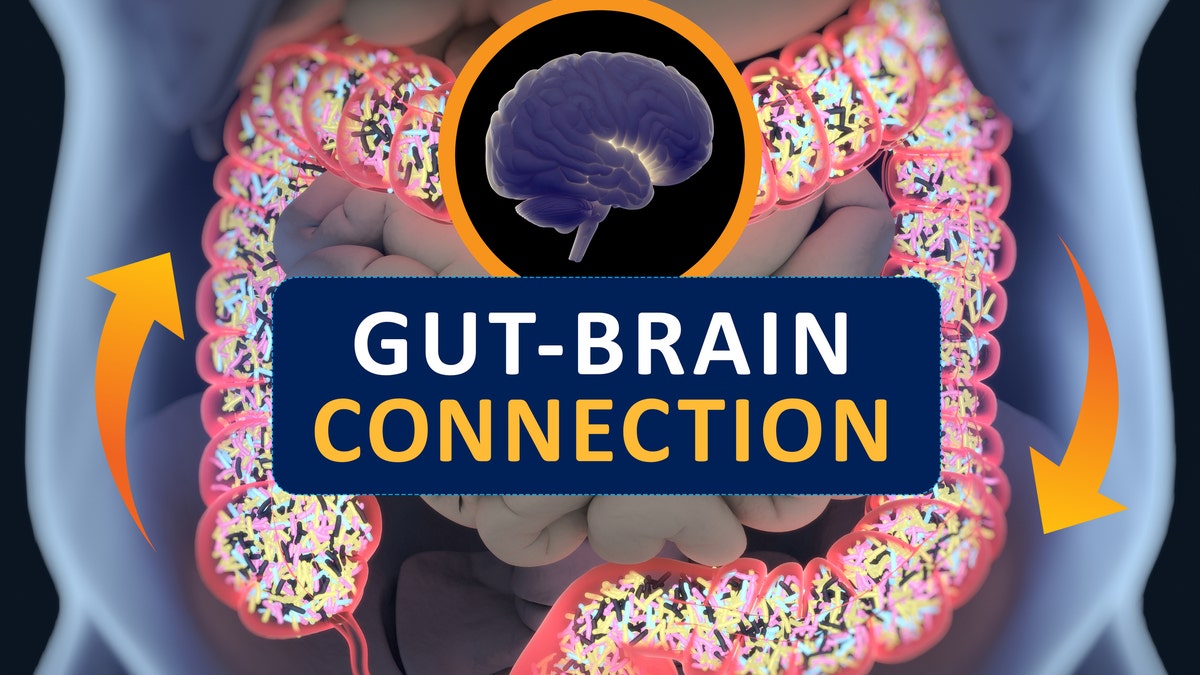Recurring stomach aches in children are a common parental concern, often leaving caregivers puzzled about the root cause and best course of action. A recent poll by C.S. Mott Children’s Hospital sheds light on this widespread issue, revealing that while many kids experience frequent stomach pain, a significant number of parents hesitate to seek professional medical advice.
The February 2023 poll surveyed over 1,000 parents of children aged 3 to 10. A notable 17% reported their child complaining of stomach pain at least monthly, yet less than 60% of these parents had discussed the issue with their pediatrician. Furthermore, only a third of parents felt confident in identifying when stomach pain signaled a serious health problem.

Most parents attributed the pain to digestive issues like gas, indigestion, or constipation, while some suspected viral or bacterial infections. Around 30% resorted to over-the-counter remedies. Interestingly, about a quarter of parents believed the pain stemmed from anxiety, attention-seeking behavior, or school avoidance. In such cases, the majority attempted to address the underlying anxiety with their child through discussions, relaxation techniques, or distraction.

Certain symptoms, however, were more likely to trigger parental concern and a call to the doctor. These included blood in the stool, sharp or persistent pain, abdominal swelling or hardness, fever, and diarrhea.
Understanding the Causes of Abdominal Pain in Children
Medical experts emphasize that abdominal pain in children is typically a signal requiring investigation. Dr. Marc Siegel, a professor of medicine, cautions against prematurely attributing stomach pain to anxiety, stressing that anxiety should be considered only after other potential causes have been ruled out.
Dr. Shana Johnson, a physician specializing in physical medicine and rehabilitation, highlights the connection between emotional well-being and gut health, referencing the brain-gut connection. She shares her personal experience with her neurodivergent son, whose stomach pain and reflux were linked to stress. Dr. Johnson explains that while occasional stomach aches related to worry are normal, persistent digestive issues may indicate a dysfunction in the brain-gut communication, leading to increased sensitivity and altered bowel movements.

Other physical factors contributing to stomach pain can include food intolerances, allergies, acid reflux, or underlying medical conditions requiring further examination. Both Dr. Siegel and Dr. Johnson underscore the importance of consulting a pediatrician for proper evaluation and guidance. Dismissing children's stomach complaints without seeking professional medical advice can be detrimental.








